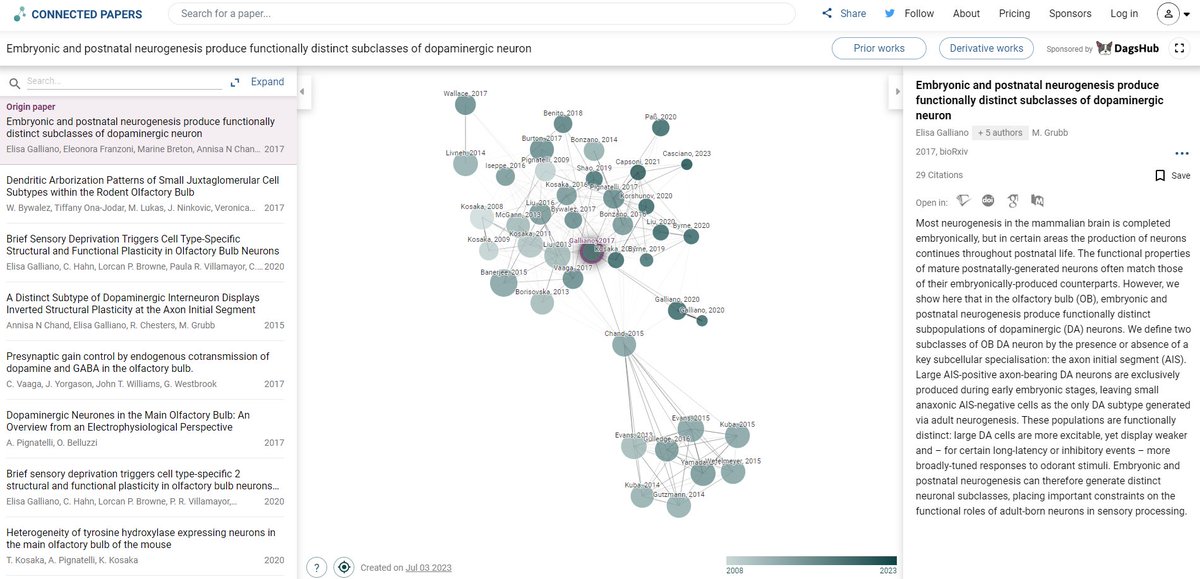
Sure! Here’s a reworded version of the provided text:
—
# Open Science Basics in 2 Minutes, Part 4: Preprints and Early Research Sharing
In the quest for more transparent and accessible research, preprints have emerged as a formidable resource — and grasping their significance is a fundamental aspect of open science.
Prior to a research article’s publication in a peer-reviewed journal, it doesn’t have to remain in the shadows. You can publicly share your work by uploading it online, whether on your own site or, preferably, on a community-supported preprint server such as [PsyArXiv](http://psyarxiv.com/). Backed by the [Open Science Framework (OSF)](https://mindhacks.com/2017/11/09/open-science-essentials-the-open-science-framework/), PsyArXiv guarantees that your work stays available for the long term and facilitates easier access for others to discover and engage with your research.
## Benefits of Using a Preprint Server
Preprints have historically been a common practice in disciplines like physics and are now gaining traction across a variety of academic fields. What drives this transition? Preprints provide:
– **Fast dissemination** — Share your results with the academic community without enduring the lengthy wait for formal publication.
– **Advantage in early career** — Increase the visibility, citation, and discussion of your work earlier, which is particularly advantageous for researchers at the start of their careers.
– **Citations and indexing** — Platforms like Google Scholar often connect preprint citations to the final journal publication, ensuring that your research is part of the academic discourse from the very beginning.
Moreover, by sharing your work at an early stage, you allow the community to critique and identify issues prior to formal publication — enhancing the overall quality of your research.
## What Occurs After Publication?
Once your article is officially published, your preprint continues to be accessible, offering a freely available version that maximizes readership and impact. If you upload a version post-acceptance (rather than pre-), it is typically referred to as a “postprint.”
## Understanding Copyright
Concerned about permissions? Generally, don’t fret — journals usually retain the formatted, typeset version of your article (the polished PDF you see online), but you are typically permitted to share a version with the same text, albeit in a different format. Always verify specific journal regulations to confirm.
## Will Journals Decline My Paper Due to a Preprint?
In most instances, no. [Most journals](https://en.wikipedia.org/wiki/List_of_academic_journals_by_preprint_policy) now accept or even promote the use of preprints! Only a dwindling number have policies against them. You can easily review any journal’s preprint policy at [Sherpa/RoMEO](http://www.sherpa.ac.uk/romeo/index.php).
## Is There a Risk of Being Scooped?
Ironically, preprints provide protection against being scooped. Uploading a preprint timestamps your work, helping to establish your priority on new discoveries. However, if you’re involved in highly sensitive or strategic research, you might still opt to wait until after journal acceptance.
## When Is the Best Time to Upload a Preprint?
The ideal practice is to upload a preprint when you initially submit your article to a journal. You can revise the preprint with each successive submission or alteration, and once the article gets accepted, you can also share a postprint version.
## What About Quality Control?
In theory, anyone can publish anything on a preprint server. However, since scholarly integrity is essential, researchers are strongly motivated to uphold quality and ethical standards. Your professional reputation hinges on the quality of the work you disseminate — so it’s in everyone’s best interest to handle preprinting with care.
—
### Helpful Links:
– [Pre-registration](https://mindhacks.com/2017/11/09/open-science-essentials-pre-registration/)
– [The Open Science Framework](https://mindhacks.com/2017/11/09/open-science-essentials-the-open-science-framework/)
– [Reproducibility](https://mindhacks.com/2018/01/02/open-science-essentials-reproducibility/)
Preprints represent a minor adjustment that can create significant change — promoting swifter, fairer, and more accessible science for everyone.
—